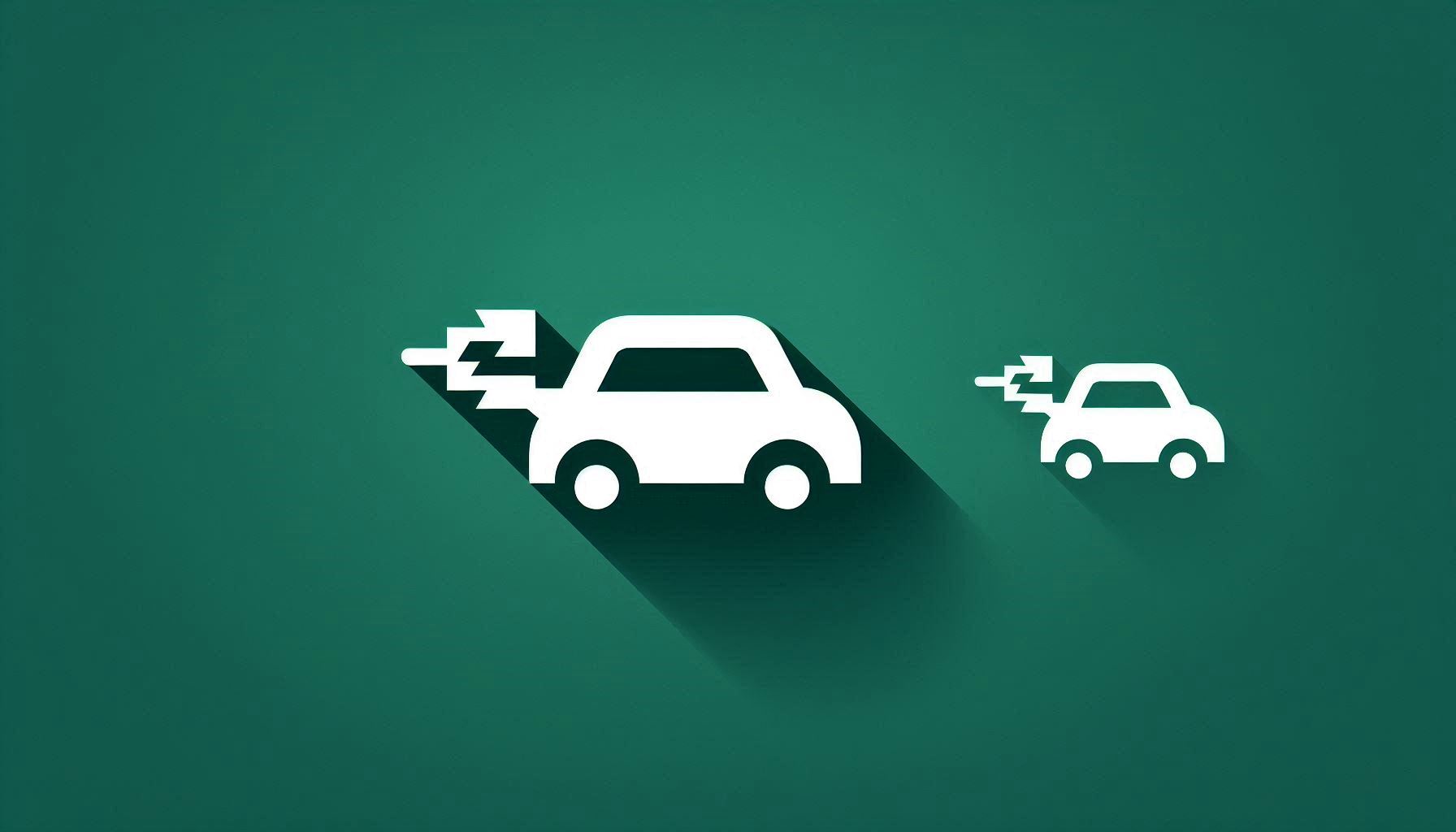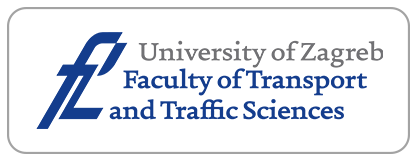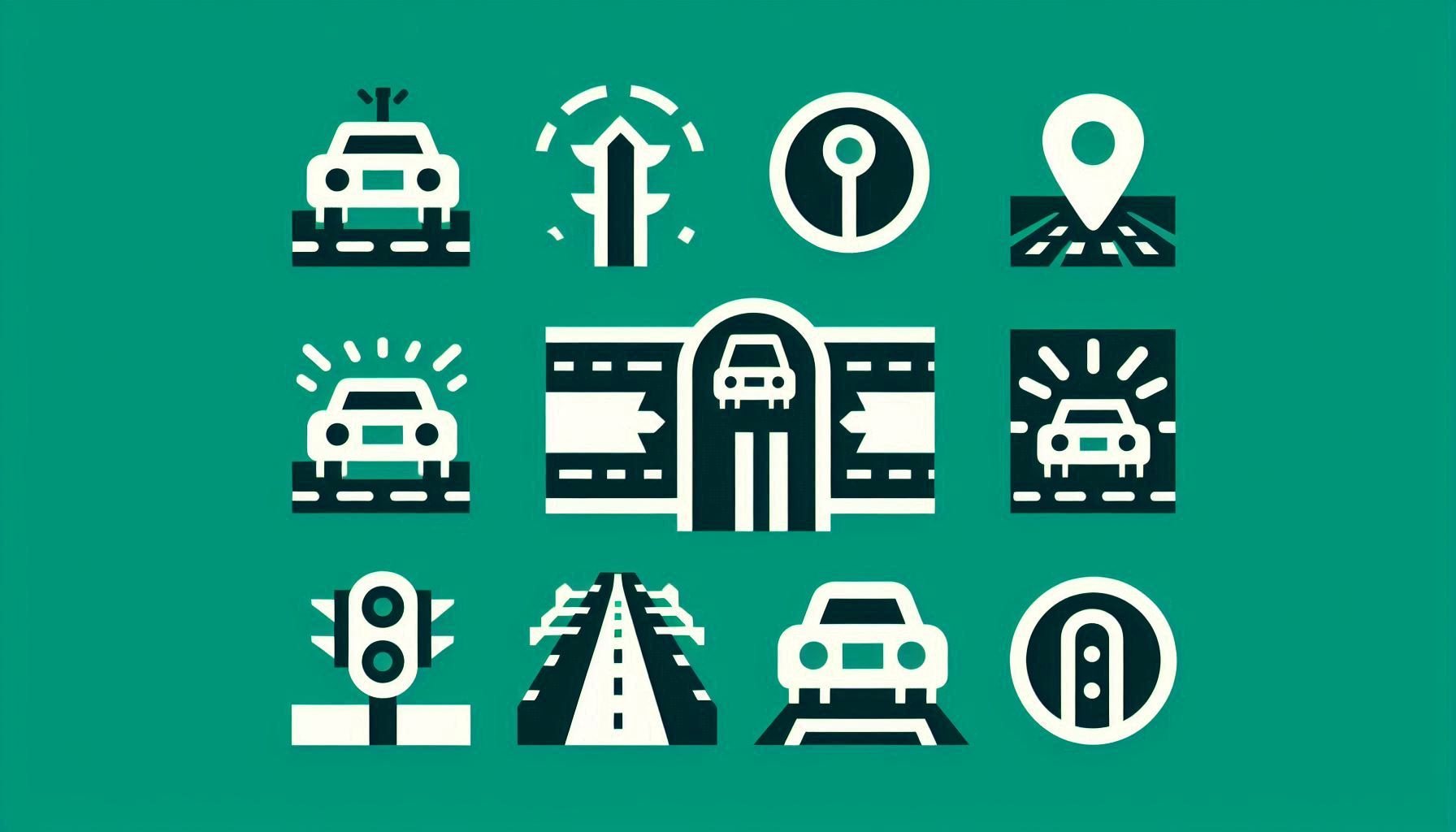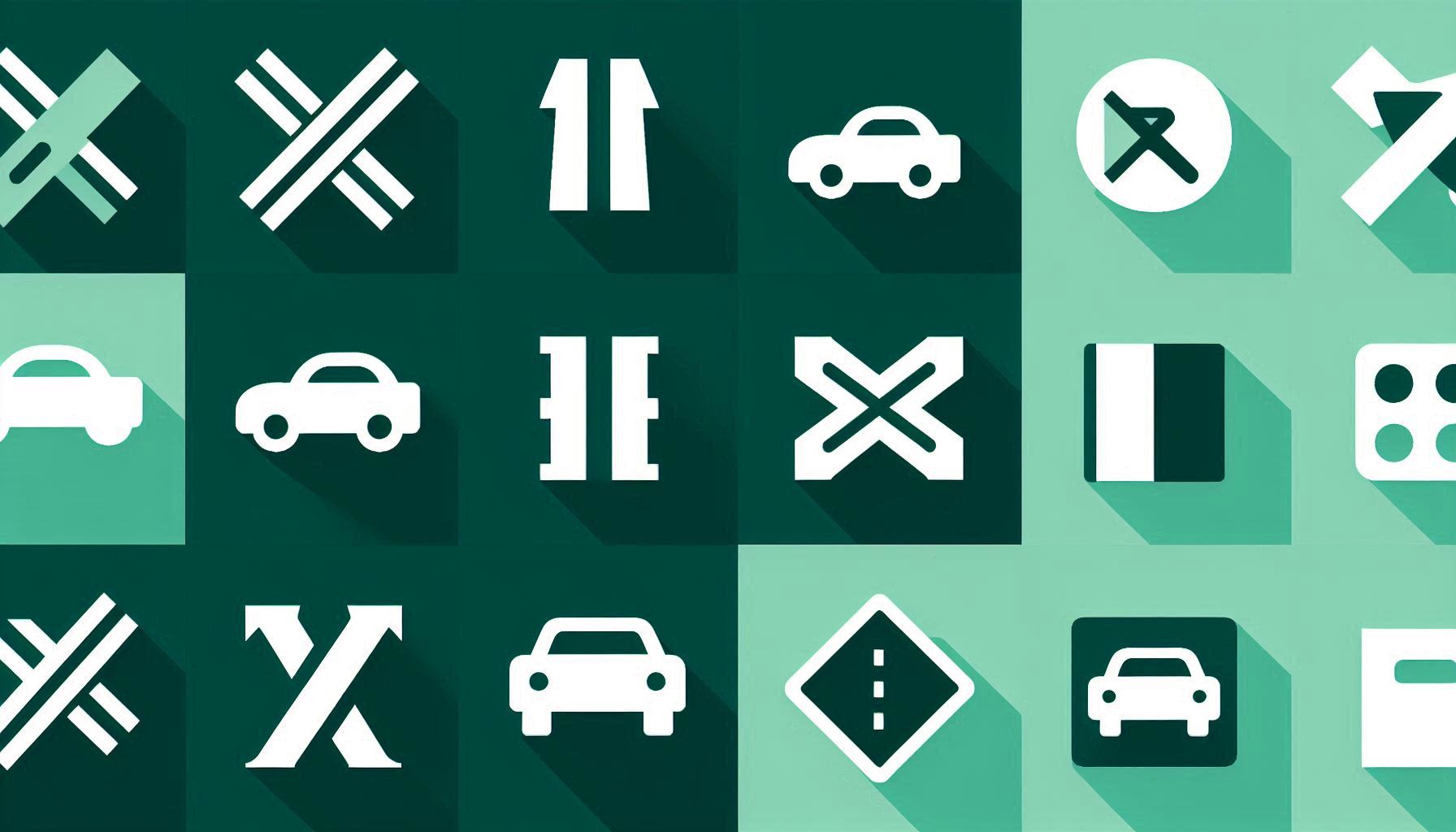Prediction of Electric Vehicle Energy Consumption in an Intelligent and Connected Environment

Downloads
Accurate energy consumption prediction is essential for improving the driving experience. In the urban road scenario, we discussed the influencing factors of energy consumption and divided the modes from various perspectives. The differences in energy consumption characteristics and distribution laws for electric vehicles using the IDM and CACC car-following models under different traffic flows are compared. An energy consumption prediction framework based on the LightGBM model is proposed. According to the study, driving range, acceleration, accelerating time, decelerating time and cruising time all significantly impact the overall energy consumption of electric vehicles. There are apparent differences in energy consumption characteristics and distribution laws under different traffic flows: average energy consumption is lower under low flow and increased under high flow. The CACC-electric vehicles consume more energy in low flow than IDM-electric vehicles. Under high flow, the opposite is true. The results show that the proposed framework has a high accuracy: the MAPE based on IDM datasets is 3.45% and the RMSE is 0.039 kWh; the MAPE based on CACC datasets is 5.57% and the RMSE is 0.042 kWh. The MAPE and RMSE are reduced by 33.7% and 50.6% (maximum extent) compared to the best comparison algorithm.
Downloads
Tu W, et al. Acceptability, energy consumption, and costs of electric vehicle for ride-hailing drivers in Beijing. Applied Energy. 2019;250:147-160. DOI: 10.1016/j.apenergy.2019.04.157.
Smith R, Shahidinejad S, Blair D, Bibeau EL. Characterization of urban commuter driving profiles to optimize battery size in light-duty plug-in electric vehicles. Transportation Research Part D: Transport and Environment. 2011;16(3):218-224. DOI: 10.1016/j.trd.2010.09.001.
Basso R, et al. Energy consumption estimation integrated into the electric vehicle routing problem. Transportation Research Part D: Transport and Environment. 2019;69:141-167. DOI: 10.1016/j.trd.2019.01.006.
Speidel S, Bräunl T. Driving and charging patterns of electric vehicles for energy usage. Renewable and Sustainable Energy Reviews. 2014;40:97-110. DOI: 10.1016/j.rser.2014.07.177.
Wu X, Freese D, Cabrera A, Kitch WA. Electric vehicles’ energy consumption measurement and estimation. Transportation Research Part D: Transport and Environment. 2015;34:52-67. DOI: 10.1016/j.trd.2014.10.007.
Wang J, Besselink I, Nijmeijer H. Online prediction of battery electric vehicle energy consumption. World Electric Vehicle Journal. 2016;8(1):213-224. DOI: 10.3390/wevj8010213.
Fiori C, Ahn K, Rakha HA. Power-based electric vehicle energy consumption model: Model development and validation. Applied Energy. 2016;168:257-268. DOI: 10.1016/j.apenergy.2016.01.097.
Xing Y, Lv C, Cao D, Lu C. Energy oriented driving behavior analysis and personalized prediction of vehicle states with joint time series modeling. Applied Energy. 2020;261:114471. DOI: 10.1016/j.apenergy.2019.114471.
Liu K, Wang J, Yamamoto T, Morikawa T. Exploring the interactive effects of ambient temperature and vehicle auxiliary loads on electric vehicle energy consumption. Applied Energy. 2018;227:324-331. DOI: 10.1016/j.apenergy.2017.08.074.
Ahn K, Park S, Rakha HA. Impact of intersection control on battery electric vehicle energy consumption. Energies. 2020;13(12):3190. DOI: 10.3390/en13123190.
Wang J, Besselink I, Nijmeijer H. Battery electric vehicle energy consumption prediction for a trip based on route information. Proceedings of the Institution of Mechanical Engineers, Part D: Journal of Automobile Engineering. 2018;232(11):1528-1542. DOI: 10.1177/0954407017729938.
Guo J, Jiang Y, Yu Y, Liu W. A novel energy consumption prediction model with combination of road information and driving style of BEVs. Sustainable Energy Technologies and Assessments. 2020;42:100826. DOI: 10.1016/j.seta.2020.100826.
Yi Z, Smart J, Shirk M. Energy impact evaluation for eco-routing and charging of autonomous electric vehicle fleet: Ambient temperature consideration. Transportation Research Part C: Emerging Technologies. 2018;89:344-363. DOI: 10.1016/j.trc.2018.02.018.
De Cauwer C, et al. A data-driven method for energy consumption prediction and energy-efficient routing of electric vehicles in real-world conditions. Energies. 2017;10(5):608. DOI: 10.3390/en10050608.
Modi S, Bhattacharya J, Basak P. Estimation of energy consumption of electric vehicles using deep convolutional neural network to reduce driver’s range anxiety. ISA Transactions. 2020;98:454-470. DOI: 10.1016/j.isatra.2019.08.055.
Madhusudhanan AK, Na X. Effect of a traffic speed based cruise control on an electric vehicleʼ s performance and an energy consumption model of an electric vehicle. IEEE/CAA Journal of Automatica Sinica. 2020;7(2):386-394. DOI: 10.1109/JAS.2020.1003030.
Zhang J, Wang Z, Liu P, Zhang Z. Energy consumption analysis and prediction of electric vehicles based on real-world driving data. Applied Energy. 2020;275:115408. DOI: 10.1016/j.apenergy.2020.115408.
Yao J, Moawad A. Vehicle energy consumption estimation using large scale simulations and machine learning methods. Transportation Research Part C: Emerging Technologies. 2019;101:276-296. DOI: 10.1016/j.trc.2019.02.012.
Fukushima A, et al. Prediction of energy consumption for new electric vehicle models by machine learning. IET Intelligent Transport Systems. 2018;12(9):1174-1180. DOI: 10.1049/iet-its.2018.5169.
Chen T, Guestrin C. XGBoost: A scalable tree boosting system. Proceedings of the 22nd ACM SIGKDD International Conference on Knowledge Discovery and Data Mining, 13-17 Aug. 2016, San Francisco, CA. 2016. p. 785-794. DOI: 10.1145/2939672.2939785.
Chang Y, Yang W, Zhao D. Energy efficiency and emission testing for connected and automated vehicles using real-world driving data. 2018 21st International Conference on Intelligent Transportation Systems (ITSC), 4-7 Nov. 2018, Maui, HI, USA. 2018. p. 2058-2063. DOI: 10.1109/ITSC.2018.8569806.
Gawron JH, et al. Life cycle assessment of connected and automated vehicles: Sensing and computing subsystem and vehicle level effects. Environmental Science & Technology. 2018;52(5):3249-3256. DOI: 10.1021/acs.est.7b04576.
Mei Z, Xiang F, Zhen-hui L. Short-term traffic flow prediction based on combination model of XGBoost-lightGBM. 2018 International Conference on Sensor Networks and Signal Processing (SNSP), 28-31 Oct. 2018, Xi'an, China. 2018. p. 322-327. DOI: 10.1109/SNSP.2018.00069.
Wen X, Xie Y, Wu L, Jiang L. Quantifying and comparing the effects of key risk factors on various types of roadway segment crashes with LightGBM and SHAP. Accident Analysis & Prevention. 2021;159:106261. DOI: 10.1016/j.aap.2021.106261.
Chen T, Shi X, Wong YD, Yu X. Predicting lane-changing risk level based on vehicles’ space-series features: A pre-emptive learning approach. Transportation Research Part C: Emerging Technologies. 2020;116:102646. DOI: 10.1016/j.trc.2020.102646.
Fiori C, Ahn K, Rakha H A. Power-based electric vehicle energy consumption model: Model development and validation. Applied Energy. 2016;168:257-268. DOI: 10.1016/j.apenergy.2016.01.097.
Liu H, et al. LightGBM-based prediction of remaining useful life for electric vehicle battery under driving conditions. 2020 IEEE Sustainable Power and Energy Conference (iSPEC), 23-25 Nov. 2020, Chengdu, China. 2020. p. 2577-2582. DOI: 10.1109/iSPEC50848.2020.9351029.
Ke G, et al. LightGBM: A highly efficient gradient boosting decision tree. 31st Annual Conference on Neural Information Processing Systems (NIPS), 4-9 Dec. 2017, Long Beach, CA. 2017. p. 30. https://webvpn.ujs.edu.cn/https/77726476706e69737468656265737421f4fb0f9d243d265f6c0f/doi/pdf/10.5555/3294996.3295074/3294996.3295074.pdf [Accessed 31st May 2023].
Copyright (c) 2023 Qingchao Liu, Fenxia Gao, Jingya Zhao, Weiqi Zhou

This work is licensed under a Creative Commons Attribution-NonCommercial 4.0 International License.




















